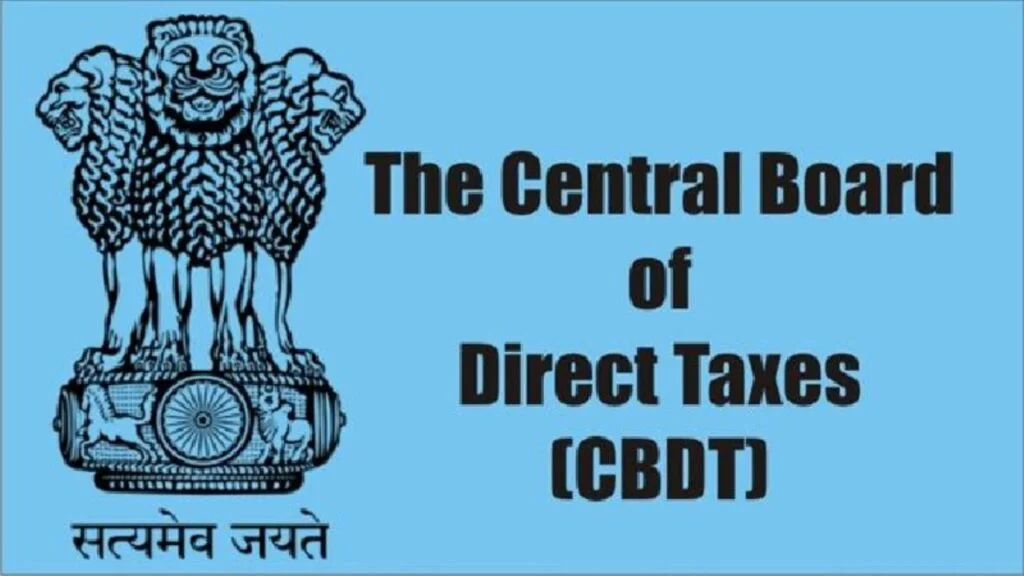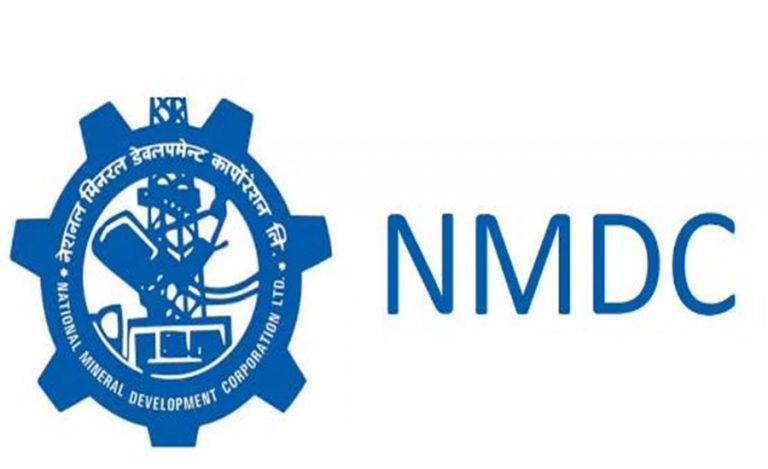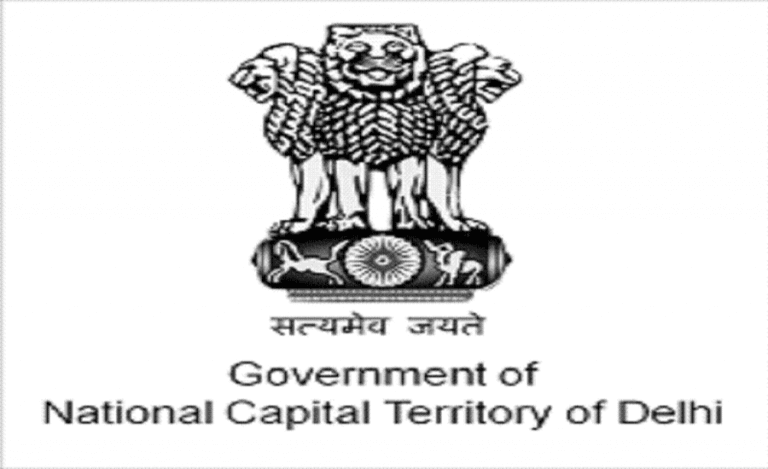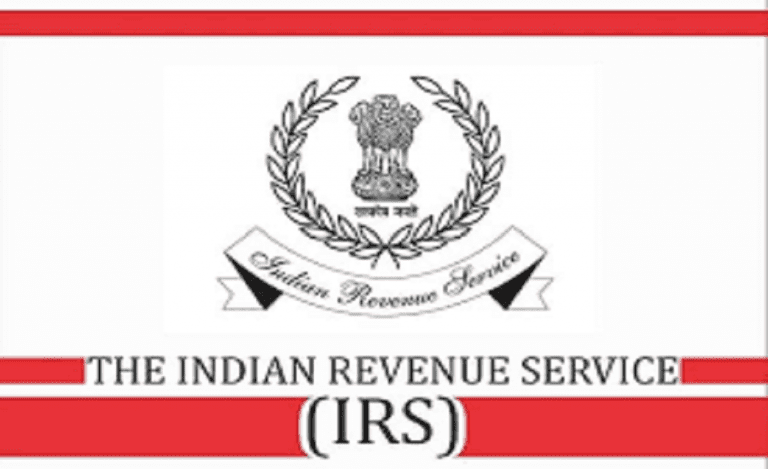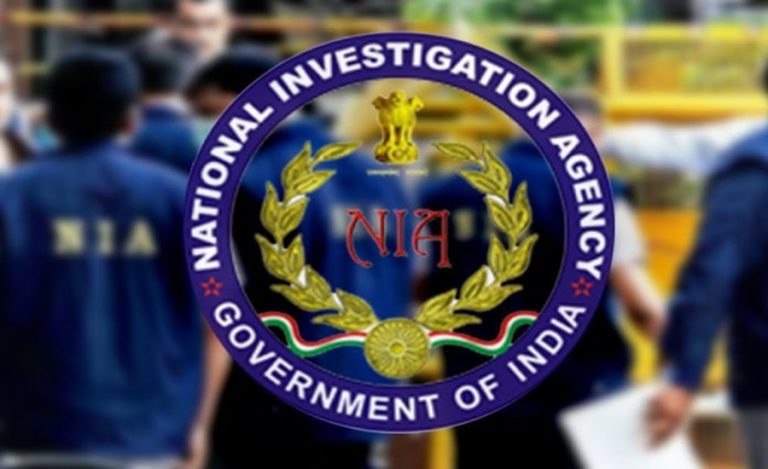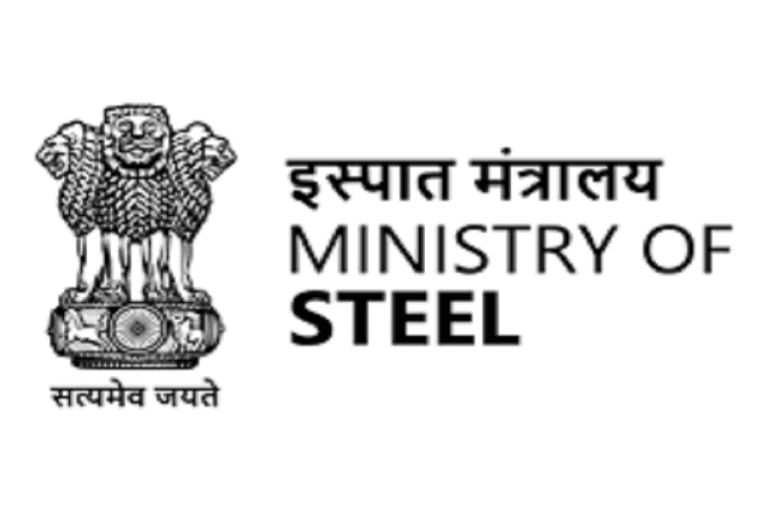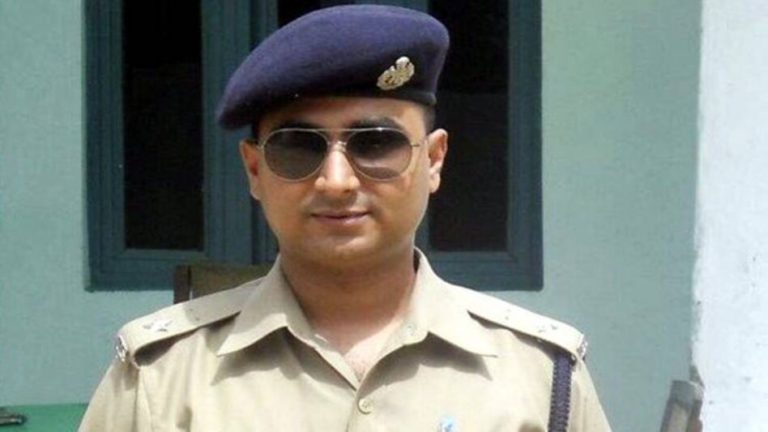The Government is poised to exceed the ₹22.07 lakh crore direct tax collection target set for the current fiscal year, according to Ravi Agarwal, Chairman of the Central Board of Direct Taxes (CBDT). Agarwal expressed confidence in surpassing the budget target, citing a strong uptick in collections from both corporate and non-corporate taxes.
In a statement on Monday, Agarwal highlighted that net direct tax collections between April 1 and November 10 have surged by 15.41% year-on-year, totaling ₹12.11 lakh crore. This includes ₹5.10 lakh crore from corporate taxes and ₹6.62 lakh crore from non-corporate taxes, such as those paid by individuals, Hindu Undivided Families (HUFs), and firms. Additionally, the government has collected ₹35,923 crore from securities transaction tax (STT) during the same period.
“We are hopeful and we believe that we will exceed the budget target for tax collection. Collections from corporate and non-corporate taxes have risen,” Agarwal said. The Government’s overall target for direct tax collection this year is ₹22.07 lakh crore, including ₹10.20 lakh crore from corporate tax and ₹11.87 lakh crore from personal income tax and other taxes.
Deadline for Revised Tax Returns on Foreign Assets
Agarwal also addressed the issue of non-disclosure of foreign income and assets by taxpayers. He announced that taxpayers who have not disclosed their foreign income or assets in their Income Tax Returns (ITRs) have until December 31 to file their revised returns for the fiscal year 2023-24.
The CBDT is actively notifying taxpayers who have not disclosed high-value foreign assets, and SMS and email alerts are being sent to those assessees. Agarwal stressed that the tax department has access to detailed information about foreign assets under the automatic exchange of information with other countries, which is cross-verified with ITR disclosures.
“Foreign assets include bank accounts, cash-value insurance, immovable property, business interests, equity or debt interest, and accounts where the taxpayer has signing authority, among other capital assets,” Agarwal said. Taxpayers are encouraged to update their returns before the deadline to avoid penalties.
Ongoing Review of Income Tax Law
In his remarks at the inauguration of the Taxpayers Lounge at the India International Trade Fair (IITF), Agarwal also provided an update on the ongoing review of the Income Tax (I-T) Act. The CBDT has received more than 6,000 public suggestions aimed at simplifying the language of the law and reducing compliance burdens.
He invited taxpayers to continue submitting suggestions related to international best practices and statutory provisions. This review is part of the government’s larger push to simplify the tax system, reduce litigation, and make the I-T Act more user-friendly.
“The review process is ongoing, and we’re hoping to make the Income Tax Act clear, concise, and easier to understand. This will help reduce disputes, litigation, and provide greater tax certainty for taxpayers,” Agarwal added.
Reforming the Six-Decade-Old I-T Act
The review of the Income Tax Act, which has been in place for over six decades, was initiated following a Budget announcement by Finance Minister Nirmala Sitharaman. The CBDT has set up 22 specialized sub-committees to assess various aspects of the Act, focusing on simplification, compliance reduction, and elimination of obsolete provisions.
The comprehensive overhaul aims to align the law with modern tax practices and global standards while ensuring that it remains efficient, transparent, and accessible to all taxpayers.
Conclusion
With strong tax collection performance and significant reforms in the pipeline, the CBDT is hopeful that India’s tax administration will continue to improve, fostering a more efficient, transparent, and equitable system for taxpayers. The focus on foreign asset disclosure and the ongoing review of the I-T Act are part of broader efforts to enhance compliance and reduce legal complexities in the system.

